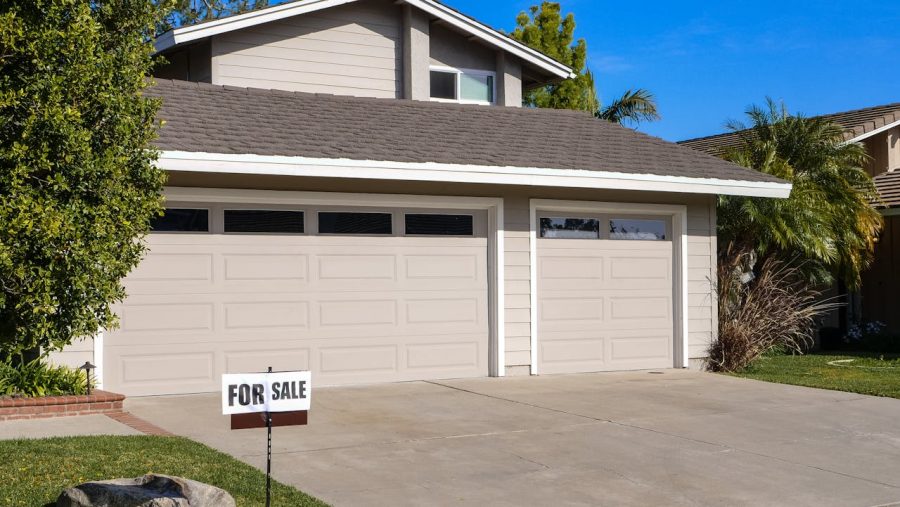Bliss; what a wonderful word! For most of us, especially if we’re above the age of 55, bliss would probably define a retirement sans the worries of mortgage payments.
Indeed, mortgage payments during your golden days can be a thorn in the heel primarily because we rarely get any tax benefits from this kind of debt.
Moreover, the payments can become increasingly difficult to meet especially if we’re relying on a fixed income.
Unfortunately, retiring a mortgage prior to retiring is no walk in the park. In fact, quite a number of financial planners advise that most people should have a Plan B to ensure they don’t end up living in a mansion while ‘indulging’ in peanuts. The irony…

Retiring without a mortgage is the sweetest thing during your golden years
Why a Mortgage-Free Retirement Is Prized
In technical terms, mortgage interest is normally tax deductible, nevertheless, taxpayers should prioritize to get the tax reprieve. Unfortunately, it looks like that only a few individuals will, considering that Congress recently passed the law that doubles the standard deduction.
As a result, an estimate done by the Congress’ Joint Committee on Taxation has predicted that about 13.8 million households will receive benefits from the mortgage interest deduction in 2018, in comparison to the 32 million that received the benefits last year.
That being said, prior to the recent tax reforms, most individuals that approached the age of retirement normally received minimal benefits from their mortgages with time. This is because these payments would switch from being mostly interest to becoming principal.
Indeed, to make up for their mortgage payments, retirees were forced frequently make withdrawals from their retirement funds so that they could ensure their mortgage payments were duly paid.
Unfortunately, the increase of frequency in withdrawals normally result in tax penalties, which in turn affects the amount of money that these retirees had saved up to live on.
It is for this reason that a number of financial planners encourage their clients to pay off their mortgages while still in the workforce to ensure that they have no debts when retiring.

Indeed, it’s important to finalize your payments for your mortgage before retiring
Mortgage Payments Still a Major Problem
Unfortunately, the situation on the ground is a different affair. A number of individuals retire owing money as part of their homes.
For example, thirty-five percent of households under the ownership of individuals’ ages between 65 to 74 are still under the realms of a mortgage.
This is according to statistics owned by the Federal Reserve’s Survey of Consumer Finances. An additional 23 percent are of those above the age of 75 years.
Interestingly, in 1989, these statistics were at 21 percent as well as 6 percent respectively. Nevertheless, rushing to make these mortgage payments might also not be a good idea.
A Road to Poverty
Indeed, some people might have enough money in their retirement funds, investments, or savings, to complete their loans.
Unfortunately for most, they would be forced to take off a large chunk of those assets to complete these payments. This would render them penniless in terms of emergencies.
Moreover, making such massive withdrawals could result in the upward shift of one to a different tax bracket and hence, receive massive tax bills.
Even if a client is extremely and able to finalize their mortgage in one sitting, it is recommended that they spread it over time to prevent being overtaxed.
That being said, most people that have the comfortability to pay off their mortgages may change their minds on doing so primarily because they have the ability to get a better return on there from another place, as planners would advise.
Additionally, they are usually the ones affluent enough to afford massive mortgages but still get decent tax deductions.

That being said, rushing to finalize your mortgage payments can result in financial issues in the future
In the Case of Being Able to Make a Payoff, Minimizing the Mortgage Is Also Plausible
For most people looking to retire, making a full payment on their mortgages might seem like an inconceivable dream.
The best case scenario that they might envision is suddenly having a boatload of cash coming their way from an inheritance, or from a child that made it big in order to pay off the debt.
That being it is vital for individuals to first pay off their mortgage payments before beginning their long-term plans for retirement, or alternative trips around the world for leisure.










